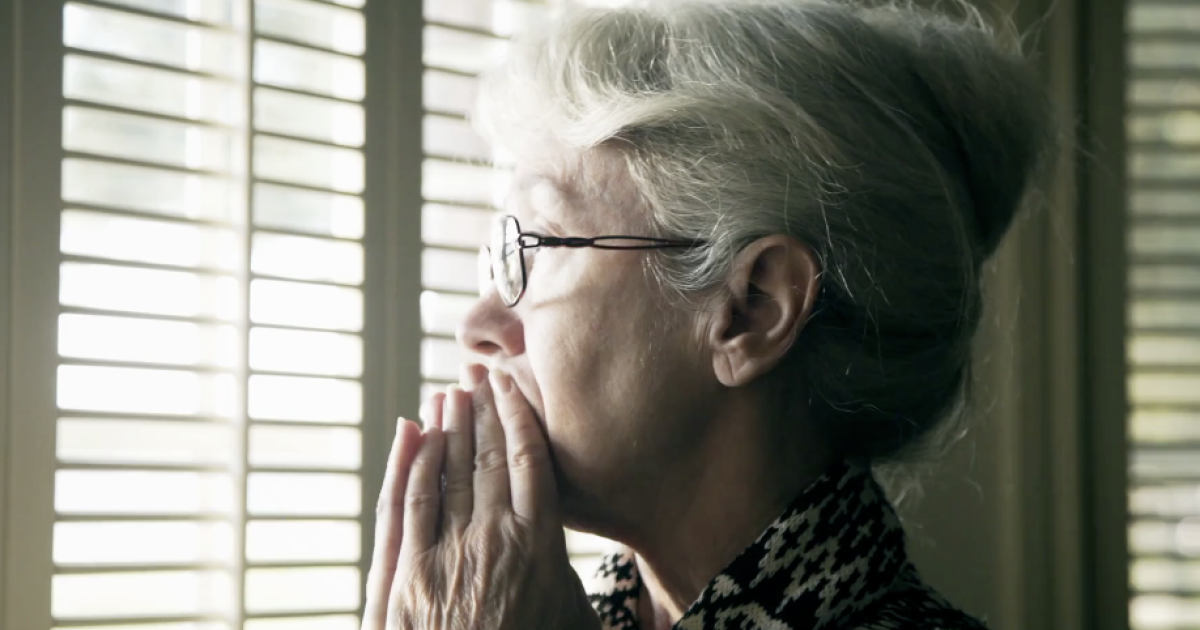
MICHIGAN — A new survey from AARP found nearly one in five caregivers reported that their loved ones lost money to a scheme.
According to the findings, 19 percent of caregivers faced the issue. Of that percentage, 52 percent of the older adults lost $1,000 or more.
Amy Goyer, AARP’s family and caregiving expert, says in addition to the financial impacts, fraud creates emotional distress too.
“It’s a terrible feeling,” said Amy Goyer, AARP’s family and caregiving expert. “You feel that you’ve been victimized.”
The research found top cons include government imposter scams, where a person pretends to be form an agency, like the IRS, to gain an older adult’s personal information, utility scams, where a person poses as a utility representative and threatens to shut off services, and grandparent scams, where a person acts as a loved one in trouble.
All include a sense of urgency.
“To someone, especially older adults, $1,000 is a great deal of money, especially if you’re on a fixed income,” said Goyer.
While it may be uncomfortable to ask a parent or grandparent if they were targeted or if they know about the latest fraud trends, experts say it’s necessary since older adults lose more money than younger victims at a time in their lives when it’s difficult to recover financially.
“It’s really just talking and being honest and really trying to not have any shame in it,” said Lisa Tyler, communications director at Senior Resources of West Michigan.
Tyler…







